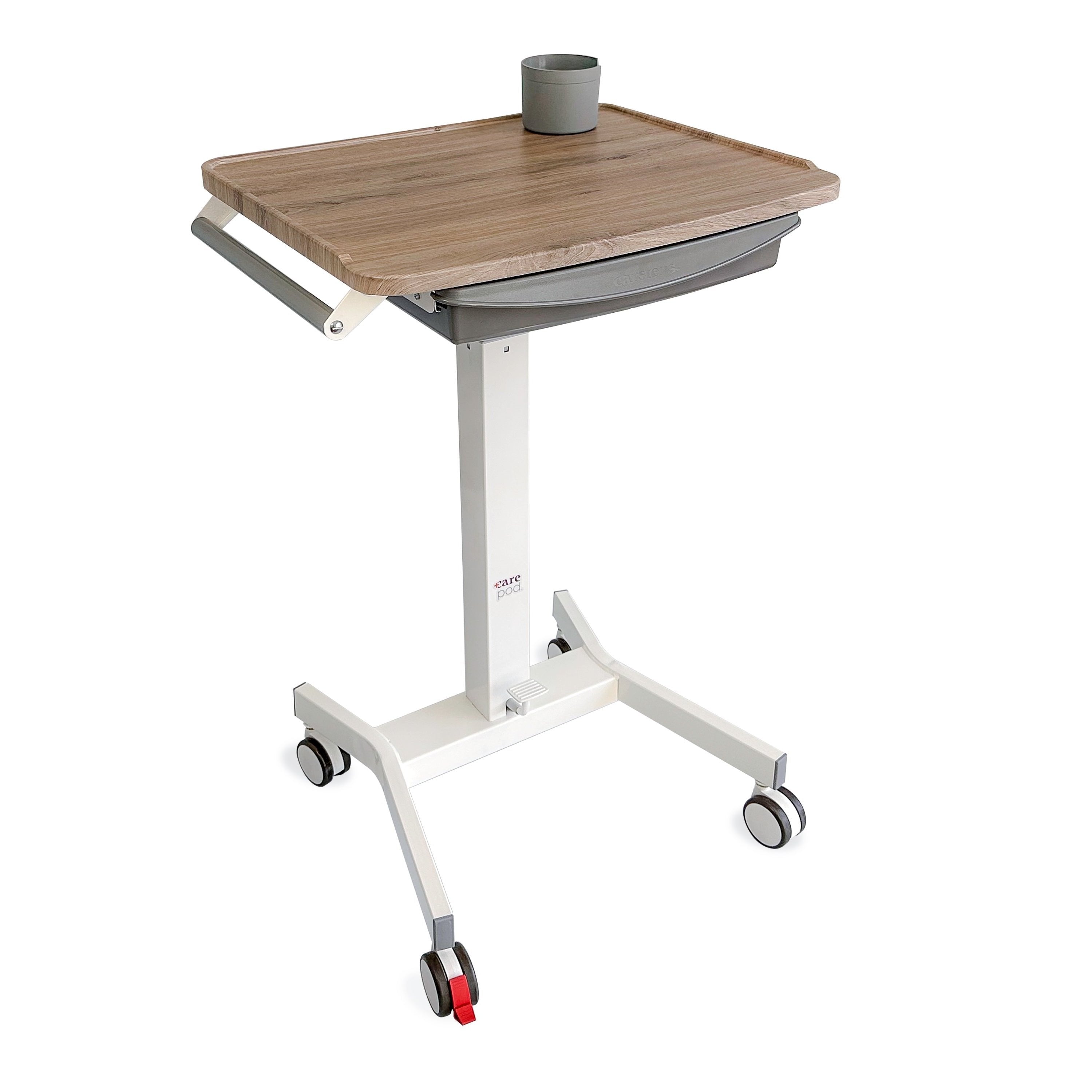Nurses are arguably one of the most important aspect of the healthcare industry and the most underappreciated professionals in the working world. As management, you are responsible for providing a healthy and enjoyable work environment for medical staff and ensuring superior patient care. Read on to learn five helpful ways to improve nursing staff workplace satisfaction.
Empower Independent Nurses
The most productive and efficient medical practices often feature autonomous nurses who require minimal management. Since healthcare environments are so dynamic and fast-paced, it’s essential that nurses can work independently to provide the very best care. As such, management must empower a highly independent nursing staff. The goal is to help staff become confident in handling daily complications on their own or as a team instead of seeking out help from management and other departments. This type of work environment is ideal for healthcare facilities and, importantly, workplace satisfaction.
Invest in Education, Training, & Growth
Many nurses aren’t completely content with being a nurse and nothing more. In fact, many healthcare workers find immense satisfaction from rising through the ranks of their industry over the course of their careers. Simply having the possibility of receiving promotions is enough to motivate passionate nurses to conduct the very best care for patients.
Management must prioritize education, training, and growth for staff within the practice. New nurses should have a clear idea of what progression through the ranks looks like at your medical facility. How much experience is required to become a shift supervisor, unit manager, or even head nurse?
Along with providing this information transparently to new hires, it’s important that management follows through on their word and rewards exceptional employees with promotions and growth opportunities. In fact, promotions are beneficial for both parties—nurses receive better pay and benefits, while businesses ensure better employee retention.
Overall, these growth opportunities are the perfect motivators and, as such, vastly improve workplace satisfaction. Plus, the joy and positive feelings associated with earning a new job title help enhance the quality of care within your facility.
Provide an Ideal Working Environment
Providing a non-toxic and productive working environment is perhaps the most important aspect to consider when improving workplace satisfaction. Three elements comprise a healthy and enjoyable medical work environment: ergonomics, mental and physical health resources, and organization.
Ergonomic furniture and nursing equipment help protect nurses from suffering soft tissue injuries and other chronic pain ailments. Furthermore, ensuring your staff has access to quality mental and physical health resources, such as wider-coverage health insurance or on-site counseling, can also contribute to an ideal work environment. Finally, ensure your medical practice is well organized and orderly better to support the fast-paced responsibilities of your nursing staff.
Encourage Healthy Lifestyles
A healthy nurse is a happy nurse, at least according to the OJIN of the American Nurses Association. After conducting over 180 international studies, researchers Paulo Ferrinho and Inês Fronteira discovered that nurses suffer from more occupational ailments than the majority of the general public. In fact, career nurses are more likely to experience soft tissue injuries and musculoskeletal complications than standard office workers and outpace the national depression rate of 9 percent by 8 whole percentage points. And since a majority of nurses are women, endometrial cancer is also common amongst longtime professionals. Of course, many of these complications are directly related to their physical and demanding shift responsibilities and exposure to wide-ranging illnesses.
However, this collection of nursing studies also shows that the personal lifestyles of these nurses play a significant role in their physical and mental well-being. The data showcases how factors such as lack of sleep, exercise, or a balanced diet can all contribute to worse health and workplace satisfaction. The studies also highlight the direct workplace impacts of these issues, including increased medication errors and overall lower quality of care. Basically, a nurse’s well-being outside of their practice is just as important as their well-being while at work. How can management encourage their nurses to pursue and maintain healthy lifestyles if their job responsibilities are part of the root causes of these very health complications?
In short, management must educate their staff on the dangers and long-term health consequences of pursuing a career in nursing. By actively providing this information in the workplace, your nurses are more likely to start practicing healthier lifestyles outside of work. Consider hosting an educational session with your healthcare staff to discuss ways that employees can remain healthy in their personal time. Ensure you cover topics like eating a well-balanced diet, getting at least six to eight hours of quality sleep, and the benefits of regular physical activity. Additionally, empower your staff further by providing them with healthier food options and time during the day for outdoor exercises, if possible.
Consult Your Nursing Staff Directly
Ultimately, the perspective of your nursing staff is the most important aspect of workplace satisfaction. It’s beneficial for management to regularly check in with their employees and get a better image of the working environment. Nurses are on their feet all day long, navigating the corridors and exam rooms throughout your facility—if anyone knows what works within your medical practice, it’s your staff.
As management, it is your responsibility to maintain an “open-door” policy for workplace concerns. Perhaps your employees require new nursing equipment, such as ultra-durable medical binders. Or, they may prefer more ergonomic furniture in the break room. Regardless of their concerns, it’s vital that you listen.
Additionally, it’s important to follow through on resolutions in a timely manner to show your nurses that you hear them. Start by having your medical staff write down three workplace obstacles that negatively impact their daily lives. Then, encourage your staff to brainstorm helpful solutions for these issues. From there, you have more than enough information and the proper perspectives to effectively improve the working environment. Overall, consulting your nursing staff is the most effective way to gauge the conditions of your workplace and, with action, increase nurse satisfaction.
Follow these five ways to improve nursing staff workplace satisfaction and ensure a healthy and enjoyable healthcare environment. Additionally, support your employees further by supplying them with the very best tools and resources.







